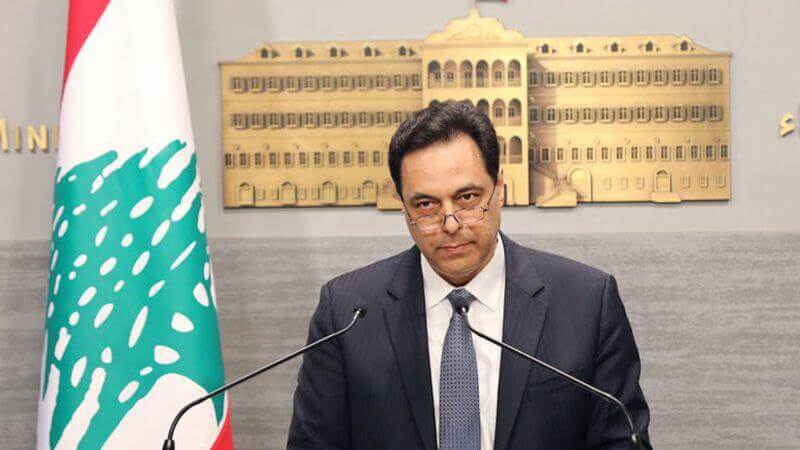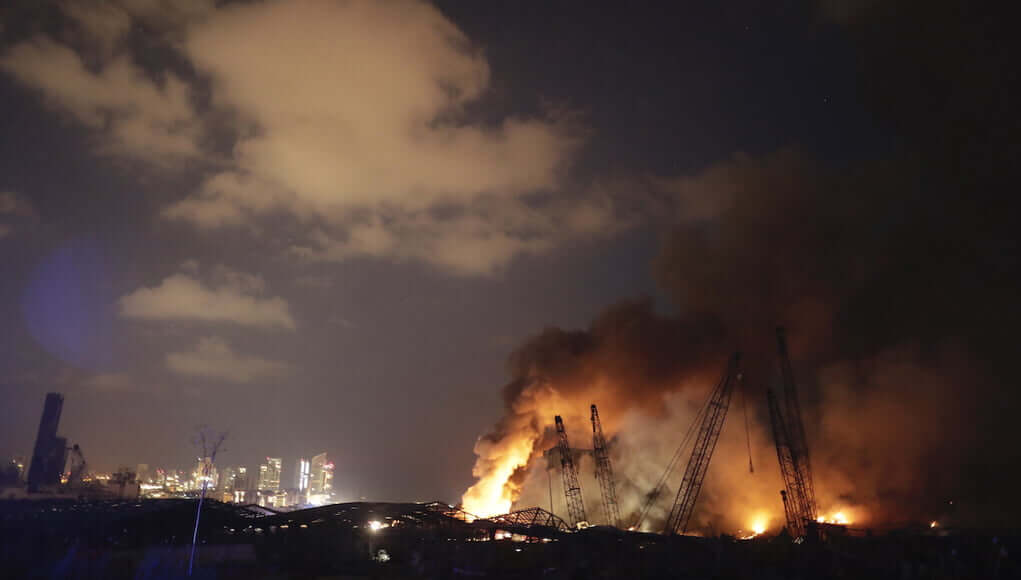The government is targeting a shipment of ammonium nitrate stored ” without precautionary measures ” at the port.
“It is inadmissible that a shipment of ammonium nitrate, estimated at 2,750 tons, has been in a warehouse for six years, without preventive measures. This is unacceptable and we cannot remain silent on this issue ”, declared the prime minister before the Higher Defense Council, according to statements quoted by a spokesman at a press conference.

Ammonium nitrate is an odorless white salt that is used as the base for many nitrogen fertilizers in the form of granules, aminonitrates, highly soluble in water. But it is also used to make explosives and has caused several industrial accidents.
Many countries have proposed aid to Lebanon, especially France, which is sending several tons of medical supplies on Wednesday.
President Emmanuel Macron announced on Twitter sending a detachment of civil security and “several tons of medical supplies” to Beirut.
The United States also offered help, as did Germany, which counts members of its embassy staff in Beirut among the wounded.
Even Israel offered ” humanitarian and medical aid ” to its Lebanese neighbor, with whom it is still technically at war.
On Tuesday, a first explosion was heard in Beirut, a city of about two million inhabitants, followed by another, very powerful, that caused a gigantic mushroom cloud in the sky.
The buildings shook and windows were shattered several kilometers around.
On the streets of Beirut, soldiers evacuated stunned residents, some bloodied, with T-shirts tied around their heads to bandage their wounds.
At one of the entrances to the port of Beirut, a twenty-something-year-old ran screaming her brother’s name. Others, like her, desperately searched for relatives.
“It was like an atomic bomb. I’ve seen everything (in my life), but nothing like it,” Makruhie Yerganian, a retired teacher who has lived in front of the port for more than 60 years, told The Eastern Herald.
This tragedy comes at a time when the country is going through its worst economic crisis in decades, marked by unprecedented currency depreciation, hyperinflation, massive layoffs, and drastic banking restrictions.














